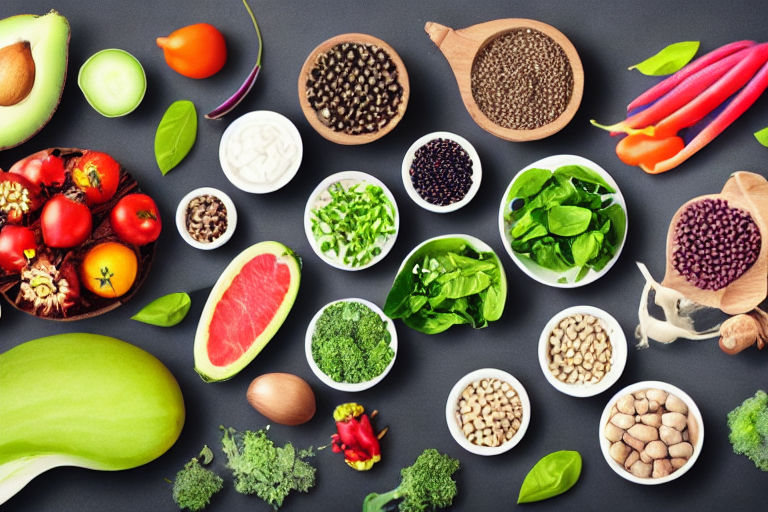The Benefits and Drawbacks of a Plant-Based Diet: What You Need to Know to Make an Informed Choice
A plant-based diet is a way of eating that focuses on consuming foods derived from plants, including fruits, vegetables, whole grains, legumes, nuts, and seeds. This diet has gained popularity in recent years due to its potential health benefits and environmental impact. However, a plant-based diet may not be suitable for everyone, and there are some drawbacks to consider.
The Benefits of a Plant-Based Diet
There are several potential health benefits associated with a plant-based diet. These include:
Reduced Risk of Chronic Diseases
Research has shown that a plant-based diet can help reduce the risk of chronic diseases such as heart disease, diabetes, and some types of cancer. This is because plant-based foods are typically low in saturated fat and high in fiber, vitamins, and minerals that are important for good health.
Improved Gut Health
Plant-based foods are also rich in dietary fiber, which feeds the beneficial bacteria in our gut. This can help improve digestive health and reduce the risk of conditions such as constipation, irritable bowel syndrome, and colon cancer.
Lower Environmental Impact
The production of animal-based foods requires more resources and generates more greenhouse gas emissions compared to plant-based foods. Choosing a plant-based diet can help reduce your environmental impact and contribute to a more sustainable food system.
The Drawbacks of a Plant-Based Diet
While a plant-based diet has many potential benefits, there are also some drawbacks to consider. These include:
Nutrient Deficiencies
A plant-based diet can be low in certain nutrients that are primarily found in animal-based foods, such as vitamin B12, iron, and omega-3 fatty acids. It's important to ensure that you're getting enough of these nutrients through fortified plant-based foods or supplements.
Social Challenges
Social situations can be challenging for those following a plant-based diet, particularly if others in your social circle do not share your dietary choices. This can make it difficult to find suitable food options when dining out or attending gatherings.
Cost
Plant-based foods can be more expensive than their animal-based counterparts, particularly if you're buying organic or specialty products. This can make it difficult for those on a tight budget to follow a plant-based diet.
Making an Informed Choice
If you're considering a plant-based diet, it's important to weigh the potential benefits and drawbacks and make an informed choice that works for you. You may want to consult with a registered dietitian or healthcare provider to ensure that you're getting all of the nutrients your body needs. Additionally, incorporating more plant-based foods into your diet gradually can help make the transition easier and more sustainable.
In conclusion, a plant-based diet has many potential health and environmental benefits, but it may not be suitable for everyone. Consider the potential drawbacks and make an informed choice that aligns with your personal goals and values.



